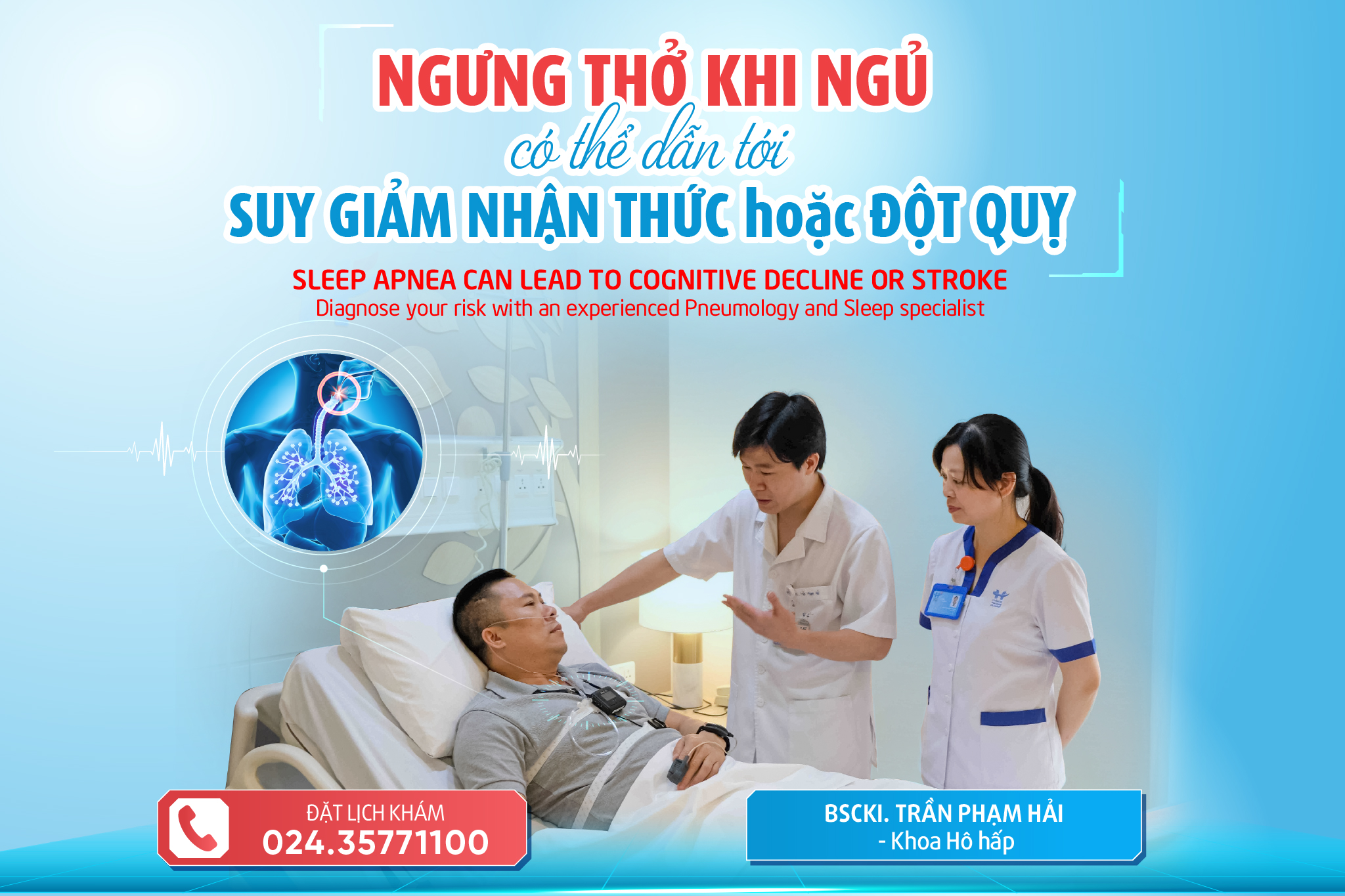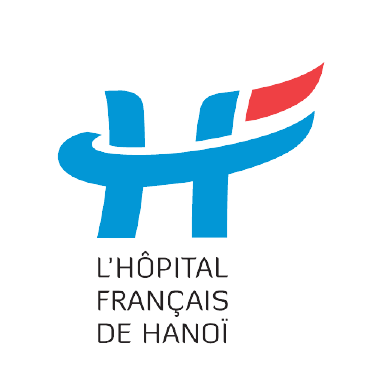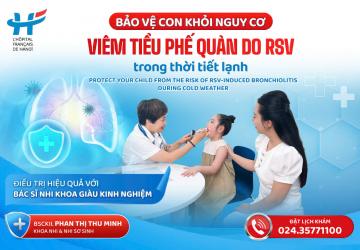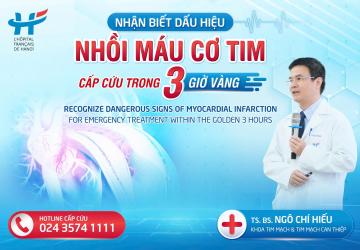News - Fri, 05/24/2024 - 09:36
SLEEP APNEA CAN LEAD TO COGNITIVE DECLINE OR STROKE
Last update 09/27/2024 - 17:58
Sleep apnea syndrome is a type of sleep disorder that most people are unaware of or consider a non-threatening health issue.
According to our sleep expert Dr. Tran Pham Hai, from Pneumology at Hanoi French Hospital, who has 14 years of experience in Pneumology & Sleep pathology and being trained in France for Pneumopathy: “Typically, during sleep, gas exchange occurs as air moves in and out of the lungs through the nose or mouth, pharynx, and trachea. In individuals with obstructive sleep apnea or hypopnea, the airway is partially or completely blocked, causing oxygen deficiency and reduced sleep quality. This condition repeats multiple times throughout the night.”
What happens if sleep apnea or hypopnea is not treated promptly?
- Decreased alertness, difficulty concentrating, and daytime sleepiness: This leads to increased risk of traffic accidents, workplace accidents, and other errors. Studies have shown that people with severe sleep apnea have twice the risk of traffic accidents compared to normal individuals.
- Increased risk of Cardiovascular events: Such as high blood pressure, heart attack, arrhythmia, or stroke. This risk is closely related to changes in heart rate and blood pressure spikes that occur during sleep apnea or hypopnea episodes.
- The main symptoms of sleep apnea include loud snoring, fatigue, and daytime sleepiness, or:
- Waking up with choking, gasping, or breathlessness
- Morning headaches, dry mouth, or sore throat
- Frequent nighttime awakenings to urinate
- Dizziness
- Memory impairment, difficulty concentrating
At HFH, the diagnosis and effective treatment plan for sleep apnea are conducted by experienced Pneumology and Sleep specialists. Diagnosis usually involves the following assessments:
- Observations from a bed partner of episodes of stopped breathing (apnea), choking, or gasping during sleep strongly suggest sleep apnea.
- A large neck circumference (over 40cm in men or 35cm in women of Asian descent) is associated with increased risk of sleep apnea.
- Narrow upper airways: due to an oversized tongue, enlarged tonsils, or nasal turbinates.
- High blood pressure, particularly resistant hypertension and nocturnal hypertension.
HFH uses polysomnography. There are several forms of sleep measurement, with polysomnography being the most comprehensive. It includes monitoring breathing patterns and airflow, blood oxygen levels, heart rate, sleep stages via EEG, body position, and muscle movements, providing optimal results and treatment plans. Additionally, respiratory polygraphy is a simpler and more comfortable method for patients and is easily implemented for those suspected of having obstructive sleep apnea or hypopnea.
If you need consultation for the diagnosis and treatment of sleep apnea syndrome, please contact HOTLINE 024.35771100 or INBOX FANPAGE "Hanoi French Hospital" Zalo OA zalo.me/2008009049335817955 for timely support.




